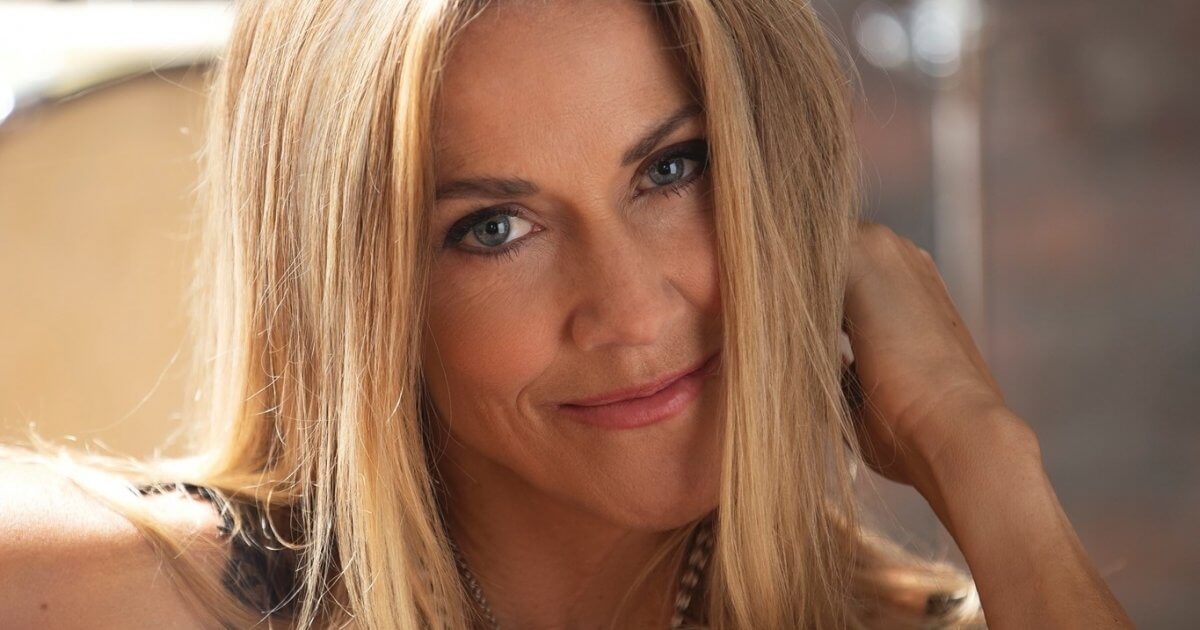Sheryl Crow Wants You To Get A Mammogram
- At 44, she was diagnosed with stage zero breast cancer
- After lumpectomy and radiation, Crow’s cancer in remission
- Now, she’s urging women to resume mammogram screenings that may have been delayed during the pandemic
“Did you know that since February, 17% of women have had one or more breast health appts postponed because of coronavirus concerns?” she wrote on Instagram recently.
Read More“I Wasn’t Worried About It”
When she noticed her own mammogram on the calendar in 2006, the nine-time Grammy-winning singer admits was busy at the time and was tempted to cancel, thinking it wasn’t “necessary.”
Bestselling author and breast cancer survivor Laura Morton learned an important lesson about self-advocacy during a mammogram.
“I was extremely athletic, [a] good eater, very healthy, no family history, so I wasn’t worried about it,” Crow told GMA.
A Breast Cancer Diagnosis
That mammogram led to her stage zero breast cancer diagnosis. The radiologist advised Crow to “come back in six months, we see something suspect.”
Fortunately, Crow didn’t take that advice. “I didn’t wait six months,” she said. Instead, she took quick action, when her breast cancer was diagnosed at stage zero. “And I think because of that, I had a lumpectomy and radiation as opposed to having a harsher treatment.”
RELATED: I Have Stage Zero Breast Cancer What Should I Do?
Her breast-saving lumpectomy, a minimally-invasive surgery, was followed by 33 radiation treatments over seven weeks.
Dr. Anne Partridge of Dana-Farber Cancer Institute on Stage 0 breast cancer: “Do we actually need to do surgery?”
Crow has been in remission for 14 years and, she says, early detection made all the difference.
“I Lost All Faith In Humankind”
Still, it wasn’t easy. Crow was already going through a difficult chapter in her life: She and cyclist Lance Armstrong had recently called off their engagement. Her face was splashed on tabloid covers everywhere. Then came cancer.
RELATED: Why Active Surveillance is Being Studied for Stage Zero Breast Cancer
"When I was diagnosed and my relationship fell apart, people were camped outside trying to get that picture of Sheryl Crow at her lowest moment,” she told PEOPLE. “I just lost all faith in humankind."
What Is DCIS Breast Cancer?
1 in 8 women in the U.S. will get breast cancer, according to the National Cancer Institute.
Stage zero breast cancer refers to DCIS, or Ductal Carcinoma In Situ. DCIS are abnormal cells that line the duct in a breast. A normal breast is made up of lots of ducts (these ducts carry milk to the nipple in a woman who is lactating).
DCIS is not an invasive cancer, meaning it hasn't spread outside the milk duct, and the risk of death from DCIS is low, according to the National Cancer Institute.
But, in some instances, doctors believe that DCIS can evolve into a more invasive breast cancer if left untreated. For this reason, historically, the standard treatment for DCIS is to remove it surgically and in some instances offer radiation as well.
Stage 0: What’s The Risk?
The National Cancer Institute says the problem is that “there's no way to predict which cases of DCIS are harmless and which will become life-threatening.” However, experts agree that, when caught at this early stage, the prognosis for women is "excellent."
RELATED: Rita Wilson Leaned on Husband Tom Hanks During Cancer Battle
Crow did not reveal whether she has a mutation in her BRCA1 or BRCA2 genes, which increases a woman's lifetime risk of breast cancer from 12% to about 60%.
Women at high-risk of breast cancer may consider a prophylactic mastectomy, says Dr. Elizabeth Comen, a medical oncologist at Memorial Sloan Kettering Cancer Center
While some women with stage zero breast cancer opt for a double mastectomy, that strategy will reduce their risk but not eliminate it, according to the Mayo Clinic: Studies show that prophylactic mastectomy reduces the risk of developing breast cancer by 90 percent in moderate- and high-risk women.
Learn more about SurvivorNet's rigorous medical review process.


